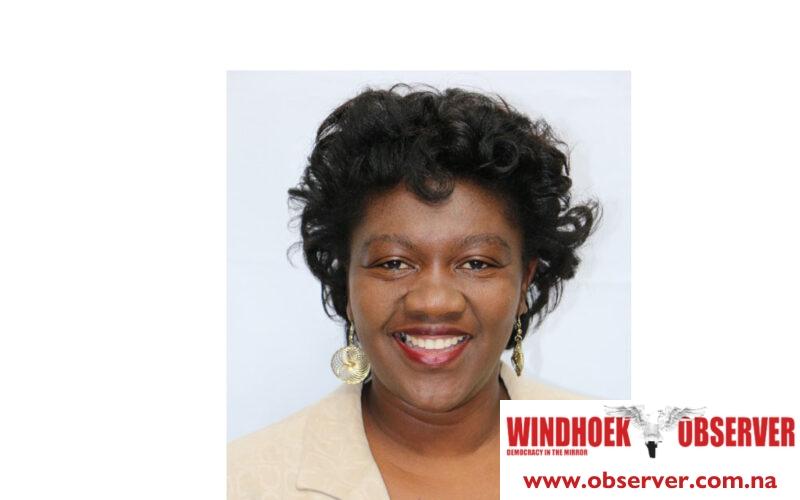Niël Terblanché
The Ministry of Agriculture, Water, and Land Reform held a National Validation Workshop on March 26, 2024, to discuss the final draft of the National Agricultural Investment Plan (NAIP) and its Implementation Action Plan (IAP), alongside the Revised Drought Management Policy and StrategyIn in an effort to revitalize Namibia’s agricultural sector.
The workshop saw the gathering of a broad spectrum of agriculture stakeholders such as government officials, farmers’ representatives, industry leaders, and development partners. All stakeholders converged to enrich the proposed investment plan with their insights.
The Executive Director of the Ministry, Ndiyakupi Nghituwamata, opened the workshop with words of gratitude towards all stakeholders for their unwavering support and collaboration.
She emphasized the workshop’s crucial role in ensuring the NAIP would serve as a cornerstone for aligning public-private partnership activities, propelling a mutually beneficial transformation of the agriculture sector.
The NAIP, structured around four key pillars: Production, Productivity and Agri-business; Food and Nutrition Security and Human Capacity; Sustainable Resource Management; and Enabling Environment and Responsive Institutions, aims to guide the sector’s direction over the next six years.
A preparatory committee is set to refine the proposal document after the workshop that will integrate all feedback and fill all the identified gaps.
According to Nghituwamata, the next step will involve stakeholders signing the CAADP Compact, a commitment to collaboratively implement the NAIP, before submission to the African Union Commission, adhering to its requirements.
Nghituwamata’s closing remarks stressed the workshop’s success in validating the NAIP as a true reflection of the sector’s future path.
She said that the strategies delineated in the plan are not only in response to the Malabo Declaration but also aim to integrate agriculture into the Sixth National Development Plan (NDP6), thus aligning with the national development agenda.
Nghituwamata added that with the stakeholders’ shared vision and collective effort, the workshop marks a milestone in Namibia’s journey towards an innovative, sustainable, and inclusive agricultural future.




